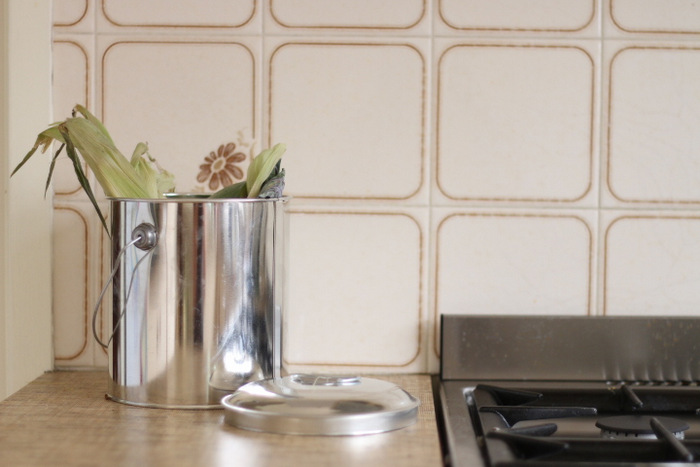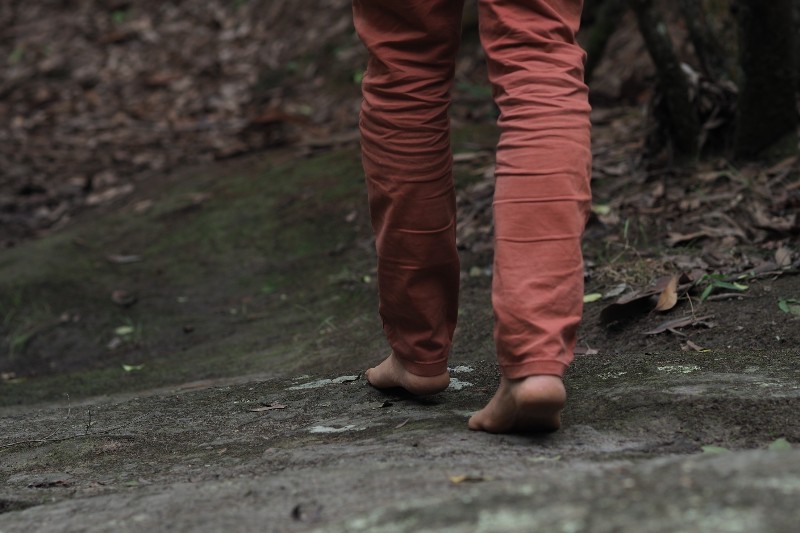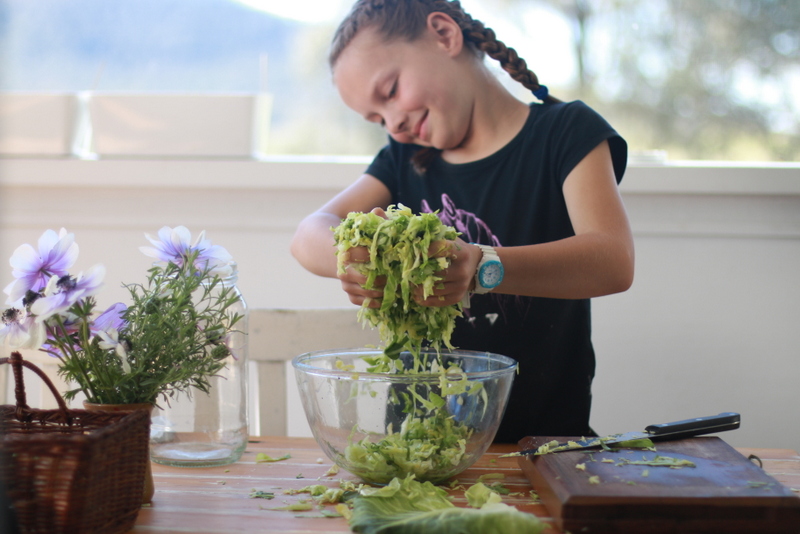One of the most valuable sustainable living skills you can master is the ability to change your habits. Until behaviour change becomes a habit, it can be challenging. Even little changes, like remembering to pack a reusable shopping bag, can be a hassle in the beginning. Thankfully, we’re creatures of habit and as soon as a change becomes a habit, it becomes automatic and easy.
Here are some strategies that I've used to help create new and sustainable habits.
1. Focus on one change at a time.
It’s easy to become overwhelmed and give up when you are trying to change too much. You are more likely to succeed if you focus on one change at a time.
2. Get organised.
We’re far more likely to do something if it’s convenient. A few days without compost and chook scrap bins during our recent move reminded me how inconvenient composting and saving scraps can be if you aren’t organised. As soon as I organised my bins, the habit of composting and collecting scraps became easy and automatic again.
3. Repeat regularly.
Doing something daily will help a change become a habit, particularly in the beginning. Research has found that frequent repetitions in the early days of a change are the key establishing a habit.
4. Identify reminder cues.
Doing something at the same time each day will speed up the habit-making process. I try and pack my water bottle, reusable shopping bag and coffee cup in my handbag after breakfast each day. Finishing breakfast is the trigger. Habits are context-cued.
5. Make the change desirable and rewarding.
If the environmental benefits aren’t reward enough – bribe yourself. Set yourself a goal and reward yourself once you have reached it.
6. Make yourself accountable.
I’ve found that setting myself a challenge is a great way to help a change become a habit. A year without shopping at supermarkets, and months where I avoided single-use plastic, wore only six items of clothing, and didn’t spend any money – are all challenges that have helped form habits that have stuck with me. Declaring your challenge to friends and family (or even the world) will likely help motivate you to stick with it.
7. Don't be hard on yourself for failing and focus on the positives.
Perhaps you forgot your reusable coffee cup. Rather than criticise yourself for forgetting – be pleased that you remembered it the previous 10 days.
Originally published in my Newcastle Herald column 'Less is More' 22nd March 2014.



